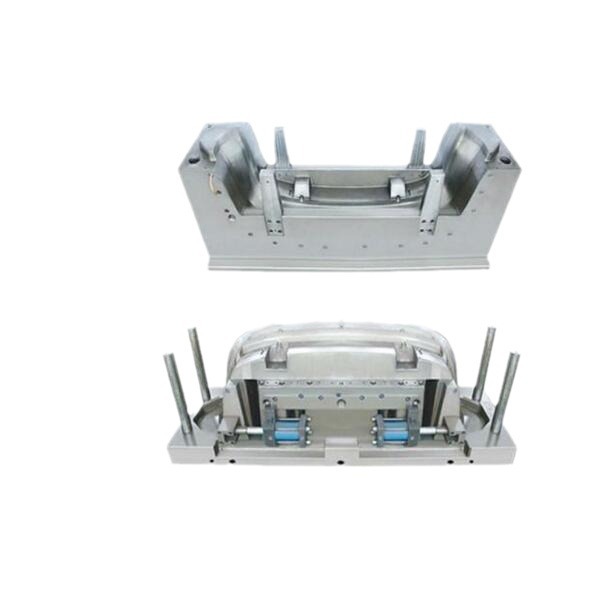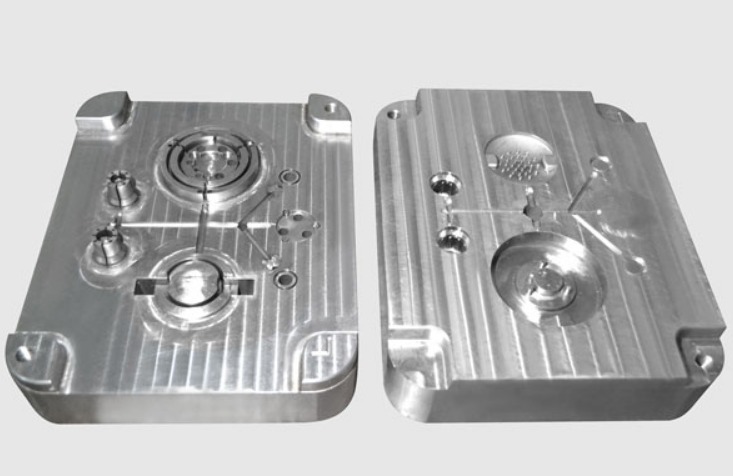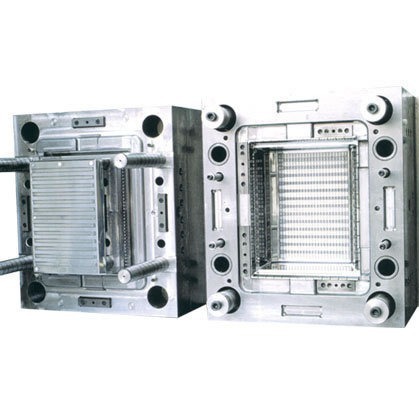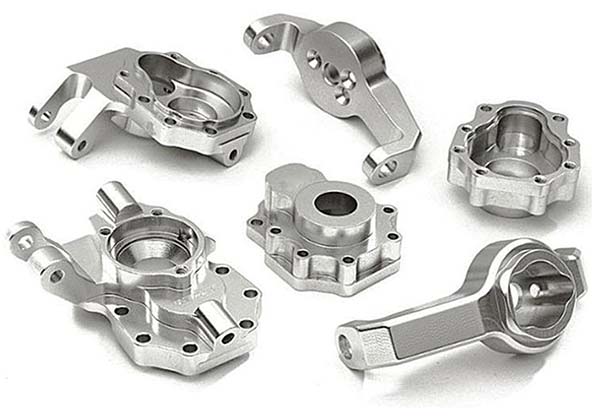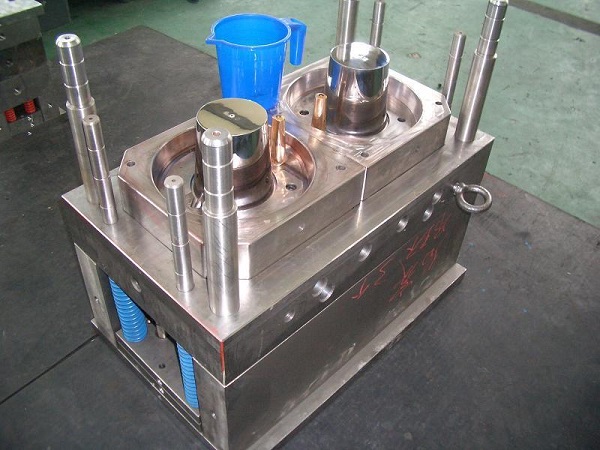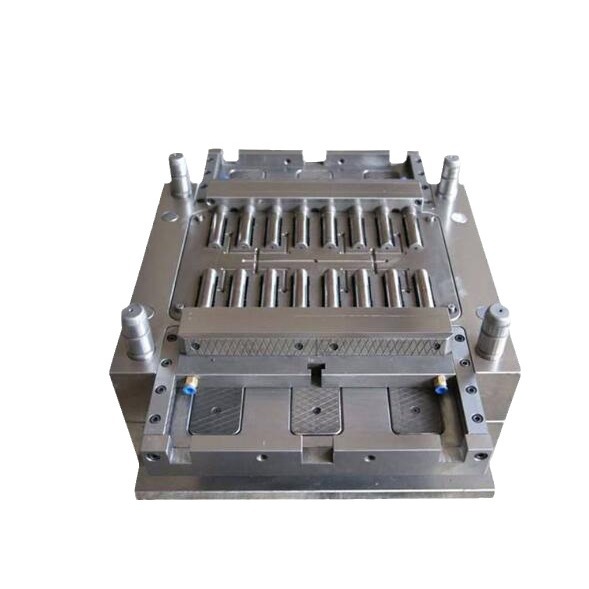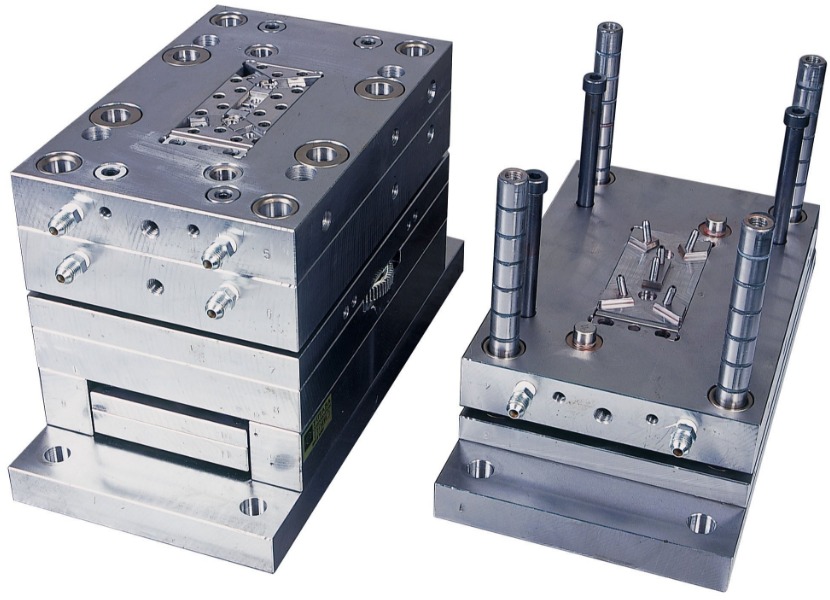Introduction
Defining the Problem
In the manufacturing industry, the choice of mold suppliers is a critical decision that can significantly impact the success of a project. One of the key questions that often arises is: How large is it better to cooperate with mold suppliers? This decision is not straightforward, as it involves a complex interplay of various factors. The size of the mold supplier can influence aspects such as production capacity, technological capabilities, cost, and service quality. A wrong choice in this regard could lead to issues like delays in production, sub - standard product quality, and increased costs. Therefore, understanding how to determine the right - sized mold supplier is of utmost importance for any business involved in mold - related manufacturing processes. This article aims to explore this question from multiple perspectives, providing valuable insights to help you make an informed decision.
Factors to Consider When Evaluating Mold Suppliers
Production Capacity
Production capacity is a fundamental factor. For small - scale orders, say, less than 100 molds per batch, a supplier with a monthly production capacity of 500 - 1000 molds might be sufficient. They can focus on the details of your small - scale production without being overwhelmed. In contrast, for large - scale orders of over 1000 molds per batch, you'll need a supplier with a much higher production capacity, perhaps 5000 - 10000 molds per month. A large - capacity supplier can meet tight deadlines for high - volume production, ensuring that your products reach the market on time. For example, if you plan to launch a new consumer product with an initial production run of 5000 units that require molds, a supplier with a monthly capacity of only 1000 molds will cause significant delays, while a supplier with a capacity of 6000 molds per month can complete the order within a reasonable time frame.
Technical Expertise
Mold manufacturing demands various technical skills. CNC machining is crucial for achieving high - precision mold components. A supplier proficient in advanced CNC techniques can handle complex mold designs with tight tolerances. Mold flow analysis is another essential technology. It helps predict potential defects in the molding process, allowing for adjustments before production begins. For small - scale, high - end projects, a supplier with strong technical expertise can add value by providing innovative solutions. They can optimize the mold design to reduce costs while maintaining quality. On the other hand, for large - scale, mass - production projects, a technically capable supplier can ensure consistent quality across a large number of molds. For instance, in the automotive industry, where molds for large - scale production of parts like bumpers are required, suppliers with advanced technical capabilities can produce molds that meet the strict quality and quantity requirements.
Quality Control
| Supplier Size | Quality Control System | Common Quality Problem Incidence Rate |
| Small - scale | May rely on basic inspection tools and simple quality checklists. Usually, inspections are mainly carried out by a few experienced workers. | Around 5 - 10% due to limited resources for advanced quality control equipment and less - standardized processes. |
| Large - scale | Employ comprehensive quality management systems, including statistical process control (SPC), advanced inspection equipment like CMM (Coordinate Measuring Machine), and multiple - stage inspections. | Less than 2% because of strict quality control procedures and well - trained quality control teams. |
| High - quality molds are essential for producing high - quality products. Small - scale suppliers might have more limited quality control measures, which can lead to a higher incidence of quality issues such as dimensional inaccuracies or surface defects. Large - scale suppliers, with their more sophisticated quality control systems, are generally better at ensuring consistent high - quality molds. |
Cost - Effectiveness
Large - scale mold suppliers often have economies of scale. They can purchase raw materials in bulk, which reduces the per - unit cost of materials. Their advanced production equipment and optimized production lines also contribute to lower production costs per mold. For example, a large - scale supplier that produces 10000 molds per month can negotiate better prices for steel, a common raw material for molds. In contrast, small - scale suppliers have higher unit costs. They may not be able to afford the latest and most efficient production equipment, and their smaller order volumes mean they pay higher prices for raw materials. However, for small - scale orders, small - scale suppliers can be more cost - effective. They don't have the high overhead costs associated with large - scale operations and can offer more flexible pricing for small - quantity jobs. For instance, if you need only 50 molds, a small - scale supplier may charge a reasonable price, while a large - scale supplier may have high setup costs that make their quote uncompetitive for such a small order.
Case Studies of Different - Sized Mold Suppliers
Success Stories with Large - Scale Mold Suppliers
A well - known electronics company once planned to launch a new line of smartphones. They had a massive order of 100,000 molds for the phone casings. By partnering with a large - scale mold supplier, they were able to meet the tight production schedule. The large - scale supplier had the production capacity to produce 20,000 molds per month. Their advanced production lines, equipped with state - of - the - art CNC machines, ensured high - precision manufacturing. The quality control team at the supplier used CMMs to conduct regular inspections, resulting in a defect rate of less than 1%. This successful cooperation enabled the electronics company to launch their smartphones on time and gain a significant market share.
Advantages of Partnering with Small - Scale Mold Suppliers
A local artisanal jewelry brand wanted to create a limited - edition collection of unique jewelry pieces. Each piece had a complex and highly customized mold design. They chose to work with a small - scale mold supplier. The small - scale supplier, with a team of experienced artisans, was able to provide personalized attention to each mold. They worked closely with the jewelry brand, making multiple design adjustments based on the brand's feedback. The small - scale supplier was also able to start production quickly, without the long lead - times often associated with large - scale suppliers. As a result, the jewelry brand successfully launched their limited - edition collection, which received rave reviews for its unique designs, and all within a relatively short time frame and at a reasonable cost.
Yigu Technology's View on Cooperation with Mold Suppliers
As a non - standard plastic metal products custom Supplier, Yigu Technology believes that the choice of mold suppliers should be based on a comprehensive assessment of project requirements, budget, and long - term development plans. For small - scale and high - customization projects, small - scale mold suppliers with flexible operations and strong customization capabilities are more suitable. They can provide personalized services, which is beneficial for the development of unique products.
However, for large - scale production projects with high - volume and high - quality requirements, large - scale mold suppliers are the better choice. Their advanced production equipment, strict quality control systems, and high production capacity can ensure the efficient and high - quality completion of projects.
In addition, regardless of the size of the mold supplier, establishing a good cooperative relationship and communication mechanism is crucial. This can ensure that both parties can understand each other's needs and problems in a timely manner, and jointly promote the smooth progress of the project.
Conclusion
In conclusion, determining the optimal size of a mold supplier to cooperate with is not a one - size - fits - all decision. It requires a careful consideration of production capacity, technical expertise, quality control, and cost - effectiveness. Large - scale suppliers are well - suited for high - volume production with their high production capacity and advanced quality control systems, while small - scale suppliers can shine in small - scale, high - customization projects with their personalized services and flexibility. By thoroughly evaluating these factors based on your specific project requirements, you can make a wise decision. This will not only ensure the smooth progress of your production but also contribute to the long - term success of your business. So, take your time, do your research, and choose the mold supplier that best meets your needs.
